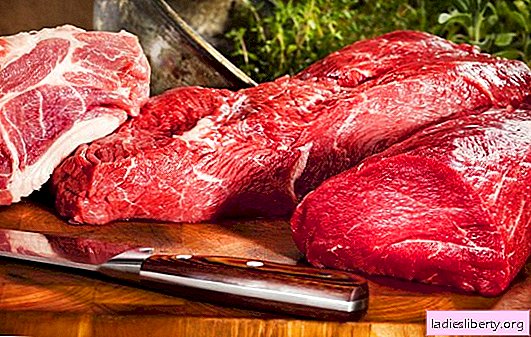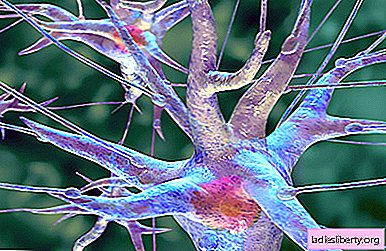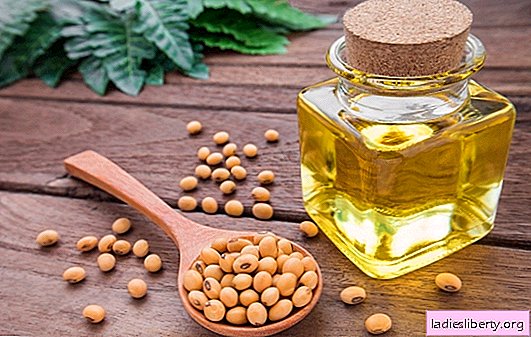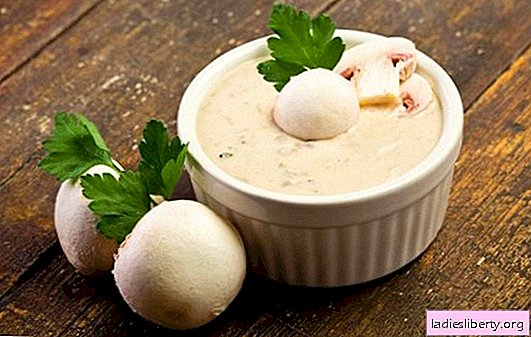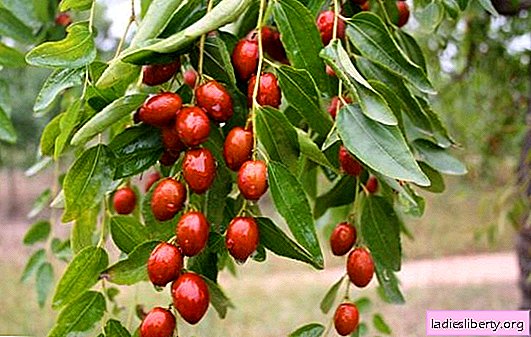
One of the not widely known fruits - unabi, in fact, is worth knowing better - good taste combines with a lot of positive qualities that can, in some cases, provide the human body with no less powerful support than modern medicines. Therefore, it is so important to know about this fruit the most important thing and some more details.
How are the composition and benefits of unabi interconnected and what is special about this fruit
Chinese dates, fruits of the tree of life, jujube, jujube and unabi ... This fruit has many names, but its nutritional, useful properties are truly uncountable.
The fruits are brought by low evergreen trees that grow today in many countries with a tropical and subtropical climate. However, unabi varieties adapted for cultivation even in central Russia are already known.
Small ovoid fruits of jujube have a sweet, juicy fleshy flesh, contain seeds (do not eat) and are covered with smooth skin, in the ripe state of the fruit bright brown with a reddish tint (but other shades depending on the varieties are possible) and fragile - from the harvest they are stored not for long, and damaged ones are unfit for food.
Youyuba is consumed in its pure form, pickled in the manner of vegetables, dried, prepared from fruit jam, fried and boiled. Add to cereals, snacks, meat dishes and pastries.
In folk medicine, unabi fruits are often brewed with boiling water, insist and, having filtered the broth, they are treated, for example, with respiratory system diseases.
But this does not mean that fruit compote will be less useful for bronchitis or for dry cough. And a delicious drink will help with pharyngitis and laryngitis.
The plant has been known to Indian and Chinese folk medicine for several millennia, and although it is used in everything - bark, leaves, seeds, and bark, only the fruits have the most valuable useful characteristics and are used in dietetics.
And the most valuable of them are those that matured on trees in the foothills and mountains.
The energy value of fruits is approximately 80 kcal per 100 g, but for dried fruits, this indicator predictably rises to 249 kcal per 100 g.
It is recommended to eat about 200 g of fresh fruits per day. But this is more than enough to satisfy hunger with the help of unabi.
And also give the body a lot of useful substances:
• fiber has a cleansing effect on the digestive tract and absorbs part of cholesterol and sugars from other foods, thus preventing a sharp jump in the content of these substances in the blood;
• coumarins prevent thrombosis (blocking the quick and easy ability of blood to coagulate);
• essential oils improve nerve conduction, soothe the overexcited central nervous system and stimulate taste buds to be more sensitive;
• Unabi contains more vitamin C than lemons, which determines its ability to increase immunity, strengthen the structure of cells and prevent the development of vascular pathologies;
• catechins differ in their ability to stimulate the body to increase energy expenditures, which, of course, results in faster consumption of fats and carbohydrates, and so the fruit helps to lose weight;
• oleanolic acid reduces sensitivity to allergens (if it is something edible), accelerates all metabolic processes and provides regeneration of the gastrointestinal mucosa;
• potassium forms in the body a relationship with magnesium (one is necessary for the digestibility of the other) and is important for the health of the endocrine glands;
• pectins block putrefactive processes in the intestine and contribute to the normal outflow of bile;
• iron prevents the development of anemia, provides breathing of tissues and supports the strength of nails and hair.
Fresh unabi fruits and unsweetened decoctions of them can be recommended for improving the condition of the oral cavity - it thumbs up destroys pathogenic microorganisms (pathogens of caries and stomatitis) and relieves irritation, swelling from the gums.
It is interesting that in traditional Chinese medicine from toothache it is advised to chew unabi leaves, which have a similar composition with fruits. It’s just that greens have a bright feature - for a time they block the ability to feel bitter and sweet tastes, without affecting the perception of sour and salty.
In which cases it is worth paying attention to the benefit of unabi
Unabi is indicated to be included in the diet in the periods after serious illnesses and operations, as well as in conditions when the body is daily exposed to adverse environmental effects (which include increased solar radiation in the summer and pollution of the atmosphere, water and land, toxic industrial waste).
If you eat unabi in the morning with something that contains complex (slow) carbohydrates, this will not only saturate, but also allow you to not have a shortage of energy for a long time, both for physical activity and mental activity.
With a great love for sports and fitness, unabi fruits are useful in that they improve the adaptation of muscles and connective tissues to physical activity and reduce pain during work on the body during training (normalizing the production of lactic acid).
The presence of this exotic fetus in the diet has an exceptionally good effect on the respiratory system - with intense physical exertion, the lungs work without difficulty at full capacity, and with seasonal colds, the likelihood that you will have to use expectorant drugs is reduced.
Unabi can prevent the formation of sand and stones in the urinary system and extinguish the inflammatory processes in it, so it can be recommended for cystitis and nephritis (and the fruit also acts as a mild diuretic).
What else you need to know about the benefits of unabi
Despite the fact that anti-aging properties are attributed to many products, unabi fruits are really effective in this area, they, in particular, have a beneficial effect on the digestibility of collagen from food and resist its rapid destruction.
Also, regular use of unabi is useful for:
• improvement of the spleen;
• normalization of high blood pressure;
• improving the condition of the musculoskeletal system, through the establishment of phosphorus-calcium metabolism;
• getting rid of dizziness, headache and periodic tinnitus (for which there may be many reasons).
Does unabi fruit harm
Saturated with coarse fiber and specific details of the chemical composition, jujube is not so easily amenable to digestive processes, therefore it is not recommended:
• eat a lot (the minimum consequences are headaches and stool disorders);
• consume in the evenings (at night the body focuses on restoring strength, and not on the assimilation of heavy foods);
• give to children under 6 years old.
In diseases of the gastrointestinal tract, unabi are eaten after peeling - rough and very difficult to digest, it can in rare cases even damage the mucous membranes of the stomach and intestines.
The positive properties of unabi to normalize pressure can turn out to be harmful in case of hypotension (provided that the fruit is systematically consumed).
In rare cases (but not so rare as not to take this into account), unabi can be harmful, because occasionally it causes an allergic reaction.
And finally, during pregnancy, in order to avoid harm from unabi, these Chinese dates should be abandoned, since scientists and nutritionists are not yet fully aware of all the possible effects of the fruit on the female body, which is in such a special, sensitive, state.

